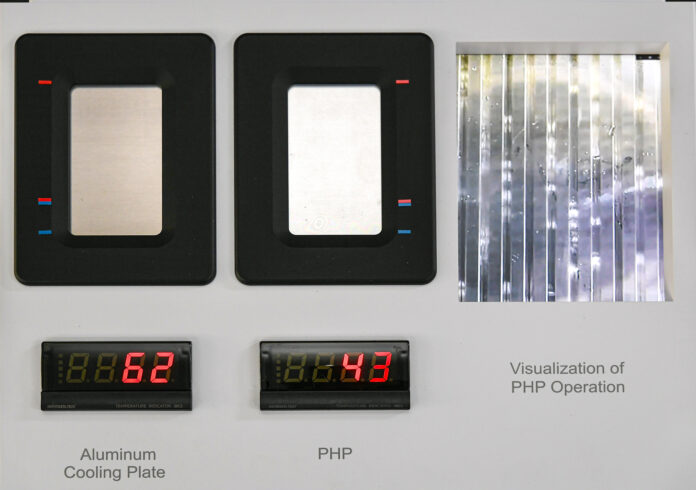Hyundai Mobis, a leading global automotive supplier, has announced the development of a groundbreaking cooling technology designed to accelerate the adoption of electric vehicles (EVs). The company has successfully developed a novel “Pulsating Heat Pipe” (PHP) system that effectively manages the heat generated within EV batteries during rapid charging. This innovation is expected to significantly reduce charging times and enhance the overall performance and safety of electric vehicles.
Traditional battery cooling systems often struggle to effectively dissipate the heat generated during rapid charging, which can lead to performance degradation, reduced battery lifespan, and even safety hazards. Hyundai Mobis’s PHP technology addresses this challenge by employing a unique approach to heat transfer.
How Pulsating Heat Pipes Work
The PHP system utilizes a specialized type of heat pipe that employs a unique mechanism of heat transfer. Within the heat pipe, a refrigerant circulates and vibrates, rapidly transferring heat away from the battery cells. This innovative approach offers significant advantages over conventional cooling methods, demonstrating over ten times the heat transfer performance of standard aluminum cooling solutions.
Enhanced Battery Module Cooling
Hyundai Mobis has strategically integrated these PHPs between individual battery cells within the battery module. This strategic placement allows for rapid and efficient heat dissipation, ensuring optimal temperature control at the cell level. By effectively managing heat generation during rapid charging, the PHP system contributes to improved battery performance, extended battery life, and enhanced overall vehicle safety.
Streamlined Manufacturing and Enhanced Product Design
To facilitate widespread adoption, Hyundai Mobis has developed a robust manufacturing process for large-scale production of PHPs. This streamlined approach, which utilizes a press-based process, significantly improves manufacturing efficiency and reduces production costs. Furthermore, Hyundai Mobis has engineered the PHPs to be exceptionally thin, measuring just 0.8 mm, compared to conventional heat pipes which typically measure around 6 mm. This reduction in thickness enhances the integration of the cooling system into the overall battery pack design, contributing to a more compact and efficient EV architecture.
Looking Ahead
This innovative development by Hyundai Mobis represents a significant step forward in EV technology. By addressing the critical challenge of battery thermal management, the PHP system enables faster charging times, enhances battery performance and longevity, and paves the way for a more sustainable and efficient electric vehicle future.
Source: Hyundai Mobis Press Release


